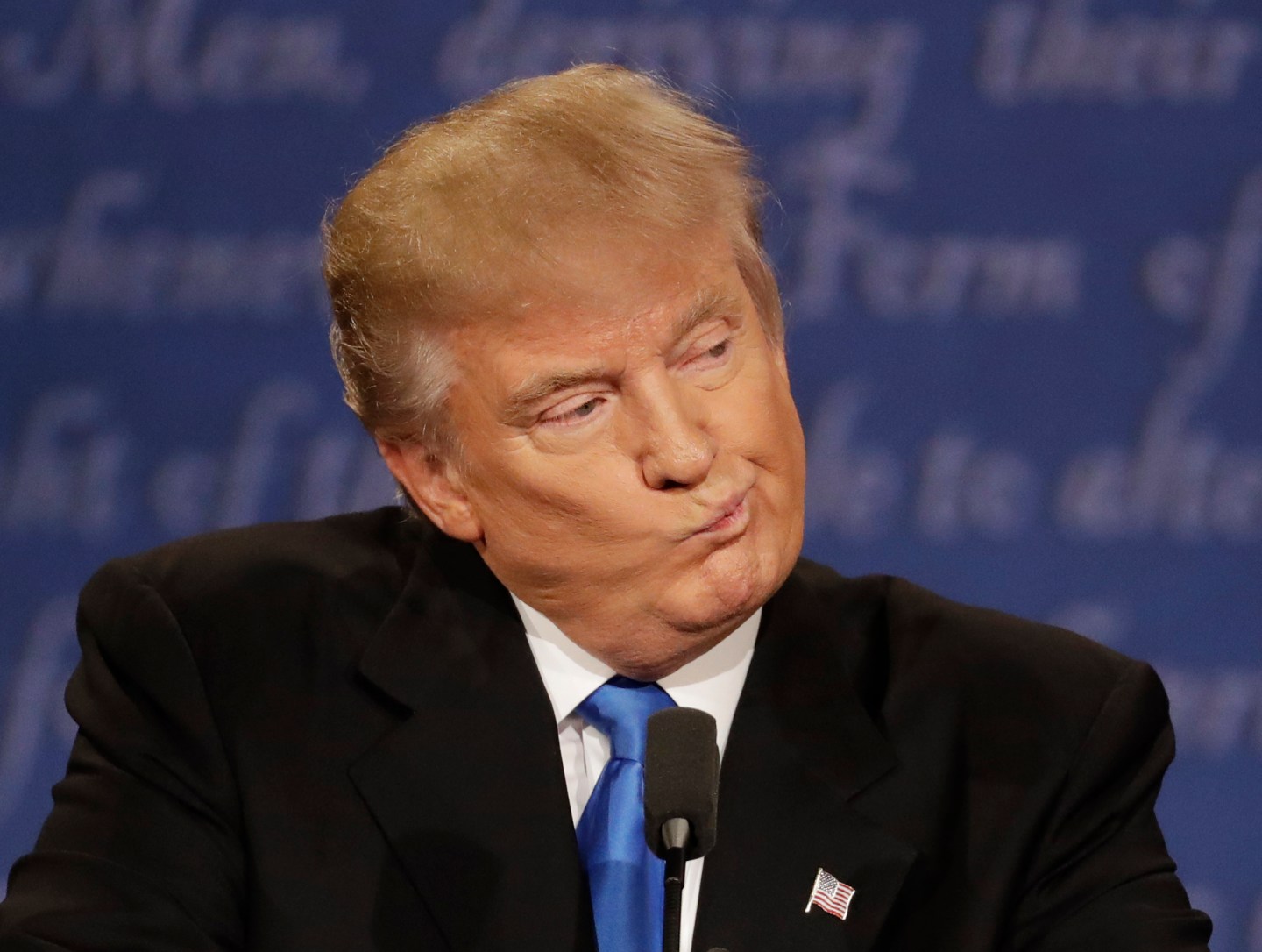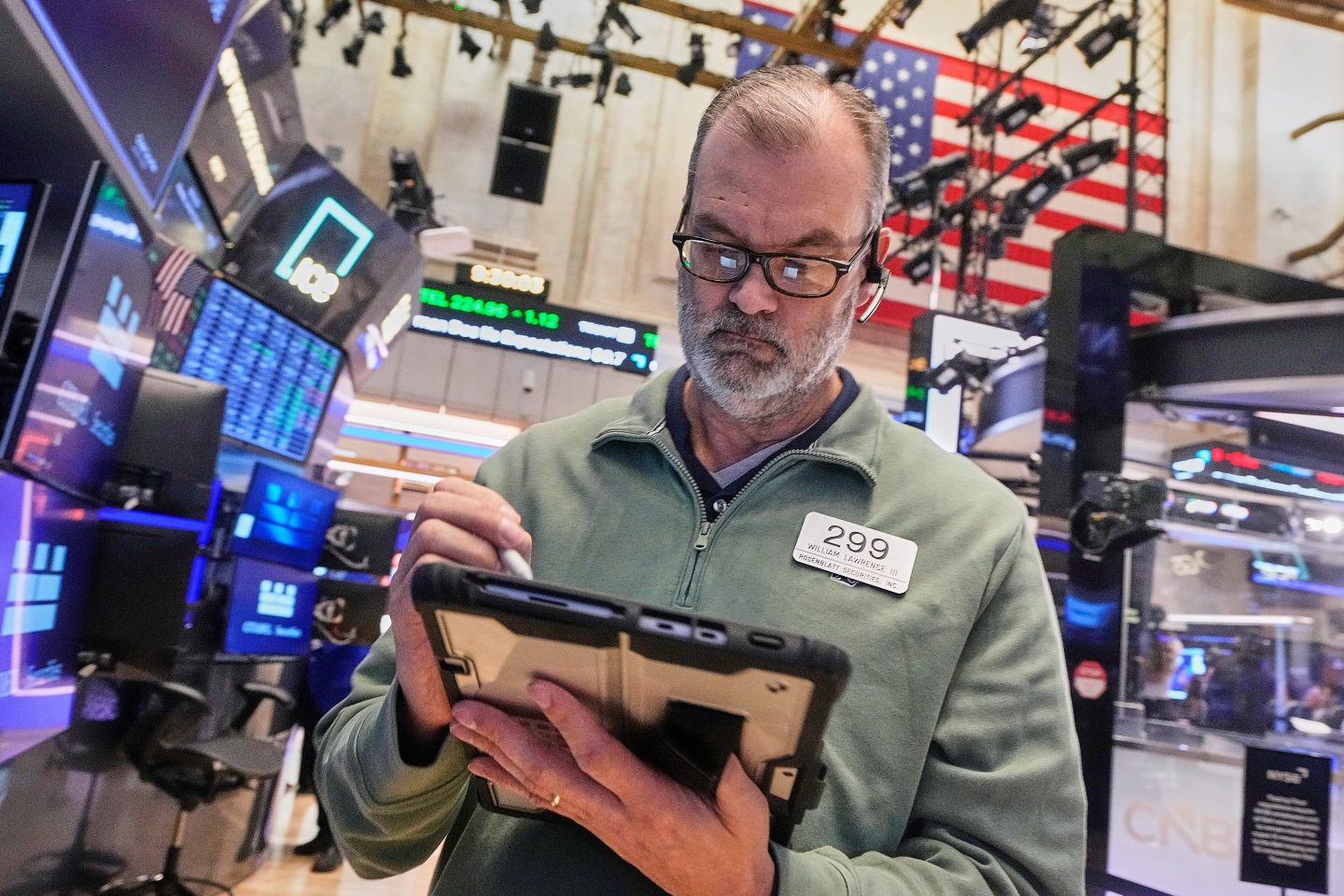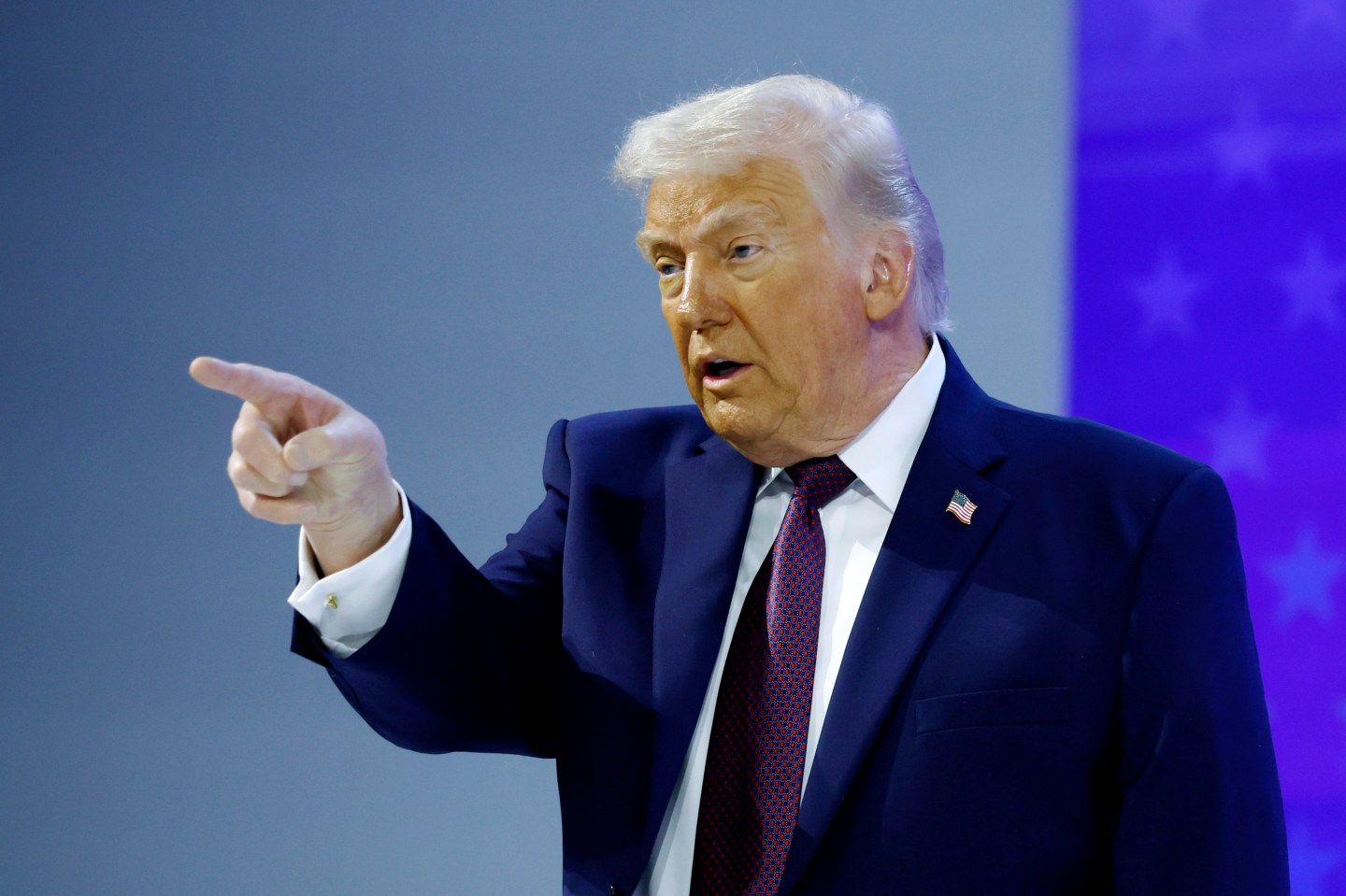One of the genuinely unique policy ideas Donald Trump has brought to the national stage is a deep skepticism of the once-bipartisan consensus on free trade.
Indeed, most political observers think Trump had his best moments during the first presidential debate when discussing trade. But he could have done better.
The real estate mogul has cannily understood that despite polling that indicates most Americans see free trade as more of an opportunity than a threat, a large and motivated minority of voters have been yearning for a politician to call into question whether the trade deals we have on the books are good for American workers.
But Trump bungled too many trade-related facts and spent too much time focusing on the role of manufacturing in the economy—when most Americans don’t work in export-dependent manufacturing—for the issue to be a slam-dunk for him. So we’ve prepared a tip sheet for Trump on how to really body slam Clinton in the next debate. Here are 3 ways Trump can do better on trade:
Get Up to Speed on Currency Manipulation. Donald Trump has long complained about China devaluing its currency in order to make its products cheaper and to undercut American competitors. This would have been a valid complaint... In 2010. But since that time China has allowed its currency to appreciate in order to prevent Chinese businesses and citizens from sending their savings abroad.
That doesn’t mean that currency manipulation isn’t a problem. In April the U.S. Treasury Department put five countries on a currency manipulation “monitoring list,” including China, Taiwan, Japan, Germany, and South Korea. Of those countries, Trump would be smarter to focus on Germany, Taiwan, and Japan. Although Germany does not actively intervene in currency markets to drive down the price of its currency, it does benefit from being in a currency union with the rest of the Europe, a dynamic that certainly helps maintain Germany’s record trade surplus.
Japan is another country that very actively manipulates currency markets, and the Economic Policy Institute recently estimated that Japan’s meddling with the value of the yen relative to the dollar cost the U.S. Economy 896,600 U.S. Jobs in 2013 alone. That’s so much more significant than the estimated job losses from NAFTA (roughly 70,000 per year) that it’s inconceivable why Trump hasn’t emphasized the issue more.
Finally, the issue of currency manipulation is one that Trump could likely court international support to address. Other countries including, NAFTA partners Mexico and Canada, as well as the United Kingdom, also are likely victims of currency manipulation. By courting like minded voices in those countries, Trump could burnish his diplomatic bonafides at the same time that he draws attention to the issue.
Don’t Just Focus on Manufacturing. While it’s true that manufacturing employment in the United States has been on the decline for decades, and that this trend has cause real economic suffering in parts of America, the simple fact is that too few Americans are employed in manufacturing for it to be an issue that really animates the electorate.
Take for instance, the Pittsburgh metropolitan area, a key so-called “rustbelt” city in the all-important swing state of Pennsylvania. Roughly 3 times as many people in metro area work in education and health services than do manufacturing. Trump must assuage these voters fears that his tough talk on trade policies could cause disturbances in the broader economy.
Get Specific About Foreign Subsidies: Though government activism isn’t widely seen as effective in Republican circles, there’s plenty of evidence that trade policy has at the very least boosted employment in countries like China and Korea. Trump has often called trade deals like NAFTA “disasters”, but what, exactly, is so bad about them?
Michael Pettis, a professor of finance and economics at Peking University, is an expert in the Chinese economy, and he has argued for years that China’s trade surplus with the United States and the rest of the world is driven by much stronger forces that the value of the Chinese currency or differences in tariff policy. Those policies include giving access to free land to select businesses (there is no land ownership in China), offering below-market loans, the near total lack of environmental standards, and policies that suppress wage growth. It’s difficult for outside observers to understand the extent or impact of such policies, but until American politicians admit that trade policy isn’t just about tariffs and protections for intellectual policy,trade deficits will likely persist.
Hillary Clinton’s record is not nearly as free-trade friendly as Bernie Sanders and Donald Trump like to paint it, but the political establishment has been conveniently ignoring these issues for decades now, and Donald Trump could effectively paint Clinton as negligent in this regard.
But effectively mounting these arguments would require Trump to incorporate new facts into his argument, something he has been resistant to do thus far. Perhaps the bad reviews he has received for his performance Monday night will chasten him, and we’ll see a revamped and focused presentation on trade next time around.












